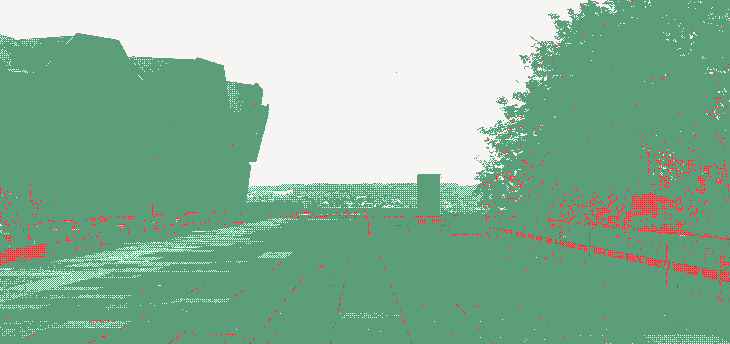
Tahani Nadim
Stella Weitkamp
Baldeep Kaur Grewal
Nabil Hamdan
The case is divided into three movements: 1. A history of complicity; 2. Interventions in academia; 3. Archive of actions.
The starting point are archival documents from the Afas archive in Duisburg pertaining to the academic boycott of the South African apartheid government in the 1980s. These documents evidence German academia’s abstention from boycotting South African apartheid. The first movement involves a close reading of two sets of documents: selected historical documents from the era and current statements by national bodies representing German academia that censure the instrument of academic boycotts in the context of the ongoing genocide committed by Israel against Palestinians. A collective analysis of these documents will focus on how the relationship between academia and the state is imagined and addressed, and the role and responsibilities which academia assumes within an international state order.
The second movement will assemble a narrative of the same events based on additional documents, historical and contemporary. It will collect and map actions emerging from academic networks and student movements that sought to bring material sanctions against apartheid states. In this part, the analysis will examine past and present forms of organizing in order to (re)construct how else academia has been relating to the state and national interests. This part of the workshop will also involve a field trip to the archives of the RUB AStA.
In the last movement, an interactive and hands-on session invites participants to 1. imagine academic initiatives as sites and resources for defending democratic rights and responsibilities and for interrupting state-sanctioned or state-condoned injustices, and 2. visualise how an archive of such initiatives can be organised that effectively conveys analyses, successes and failures across generations and geopolitical contexts.